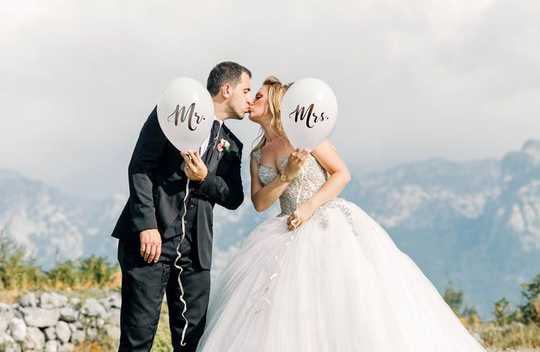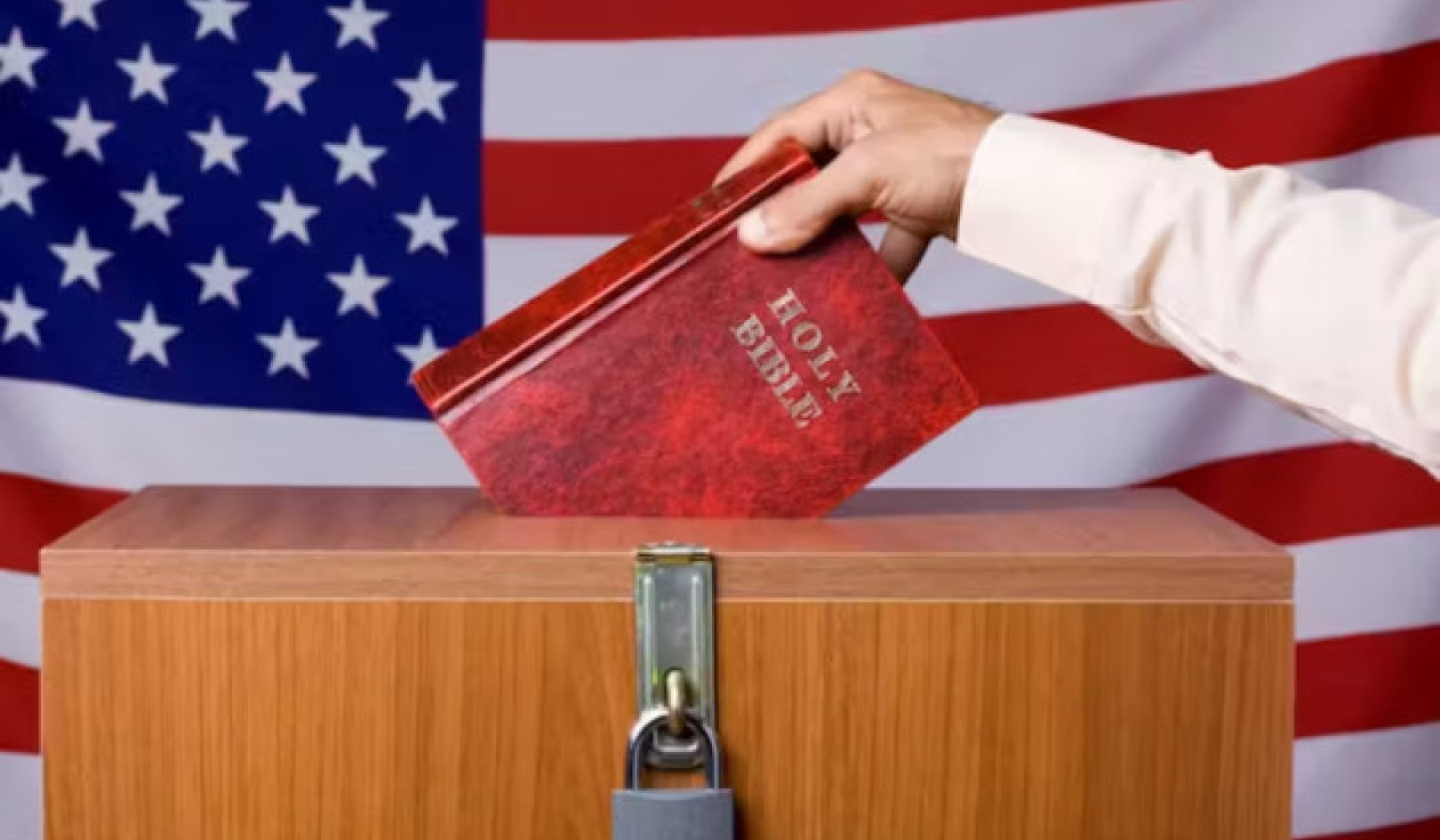Our names lie at the heart of our identity. But in Britain nearly all married women - almost 90% in a 2016 survey - abandon their original surname and take their husband’s.
The survey found that even most of the youngest married women – those aged 18–34 – chose to do so. Some women, incorrectly, even imagine it is a legal requirement. Most countries in western Europe and the US follow the same pattern.
This change in women’s identity, by taking a husband’s name, has emerged from patriarchal history where wives had no surname except “wife of X”. The wife was the husband’s possession and right up to the late 19th-century, women in England ceded all property and parental rights to husbands on marriage.
So how has a practice born out of women’s subordination to men remained so entrenched in an age of women’s emancipation?
To understand this, in our research we interviewed soon to be, or recently married, men and women in England and Norway. Norway makes an interesting comparison as although it is regularly ranked among the top four countries in the world for gender equality, most Norwegian wives still take their husband’s name.
Patriarchy and resistance
We found that patriarchal power has not gone away. In England, for example, some husbands made marriage conditional on their wives taking their name. Mandy gives a striking example:
I actually didn’t want to change my name but … he said if that hadn’t changed there would have been no point getting married … he said the wedding would mean nothing.
More often, male preeminence in names was just taken for granted. English women frequently called upon tradition: “it’s traditional and conventional” (Eleanor), or felt that name change was “the right thing to do” (Lucy). For Jess the meaning of her wedding was “that I’ll take my partner’s surname and stand by my vows”.
We found though that such views were much less common in Norway – where most women keep their own name as a secondary, middle, surname to preserve their own identity.
For some English women, taking the husband’s name was not only assumed and unquestioned, it was eagerly awaited. As Abigail put it, “I’m so looking forward to being a wife and having my surname changed”. Adele thought “it’s nice to be able to say ‘husband’ and take someone else’s name and call yourself ‘Mrs’”.
 That it is he who still asks she is outdated and problematic. YAKOBCHUK VIACHESLAV/Shutterstock
That it is he who still asks she is outdated and problematic. YAKOBCHUK VIACHESLAV/Shutterstock
The flip side of patriarchal power was that some women were resistant to losing their identity. As Rebecca explained:
I would like to keep my own name … I need to be me and I wouldn’t want to lose who I am.
In Norway Caroline felt the same:
I am who I am, so I have no need to change my name.
Two Norwegian women we spoke with also raised explicit feminist objections. Anna felt that name change “says a lot about the patriarchal culture”. While Oda criticised women for not thinking about what a name means and men for the “weird” practice of imposing their names on other people.
The ‘good family’
Many name changers acted between these two poles of male power and women’s resistance. But it seems taking the husband’s name is also seen as being a good way to show others this is a “good family”. As Claire says “I would like [others] to know that we were a family and I think names is quite a good way of doing that”.
In both countries, we found a common surname symbolising the family as a unit was primarily associated with having children. Eirin in Norway had been struggling between “the feminist me” and her husband who wanted her to take his name – though she felt this was “not urgent, at least not until you have children”.
 Many couples report wanting everyone in the family to have the same surname. Monkey Business Images/Shutterstock
Many couples report wanting everyone in the family to have the same surname. Monkey Business Images/Shutterstock
Supposedly, different parental names would be confusing. One woman we spoke to felt that “the kids won’t know whether they’re coming or going”. Though evidence suggests children are not at all confused about who’s in their family, whatever surname they might have. Rather it seem nonconformity creates adult discomfort.
Some English women also felt that not changing your name indicated less commitment to the marriage – as Zoe explains:
I think if you’ve kept your name it’s kind of like saying I’m not really that committed to you.
This feeling was not directly expressed by the Norwegian couples – probably because of the widespread practice of using the wife’s surname as a secondary, middle, family name.
Not the norm
Clearly then, showing others you are a “good family” is not a seamless, uncontested process. The display needs validation by others – and this makes adopting the husband’s name all the more likely.
Indeed, our study found the possibility of a joint name or using the women’s name was rarely considered among English couples. So although some women may be actively involved in choosing their marital name, taking the man’s name still remains the norm.![]()
- Names have been changed
About The Author
Simon Duncan, Emeritus Professor in Social Policy, University of Bradford
This article is republished from The Conversation under a Creative Commons license. Read the original article.

Related Books:
The Five Love Languages: The Secret to Love That Lasts
by Gary Chapman
This book explores the concept of "love languages," or the ways in which individuals give and receive love, and offers advice for building strong relationships based on mutual understanding and respect.
Click for more info or to order
The Seven Principles for Making Marriage Work: A Practical Guide from the Country's Foremost Relationship Expert
by John M. Gottman and Nan Silver
The authors, leading relationship experts, offer advice for building a successful marriage based on research and practice, including tips for communication, conflict resolution, and emotional connection.
Click for more info or to order
Come as You Are: The Surprising New Science that Will Transform Your Sex Life
by Emily Nagoski
This book explores the science of sexual desire and offers insights and strategies for enhancing sexual pleasure and connection in relationships.
Click for more info or to order
Attached: The New Science of Adult Attachment and How It Can Help You Find—and Keep—Love
by Amir Levine and Rachel Heller
This book explores the science of adult attachment and offers insights and strategies for building healthy and fulfilling relationships.
Click for more info or to order
The Relationship Cure: A 5 Step Guide to Strengthening Your Marriage, Family, and Friendships
by John M. Gottman
The author, a leading relationship expert, offers a 5-step guide for building stronger and more meaningful relationships with loved ones, based on principles of emotional connection and empathy.
























